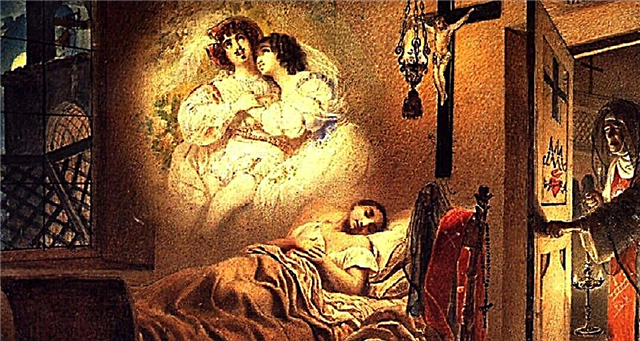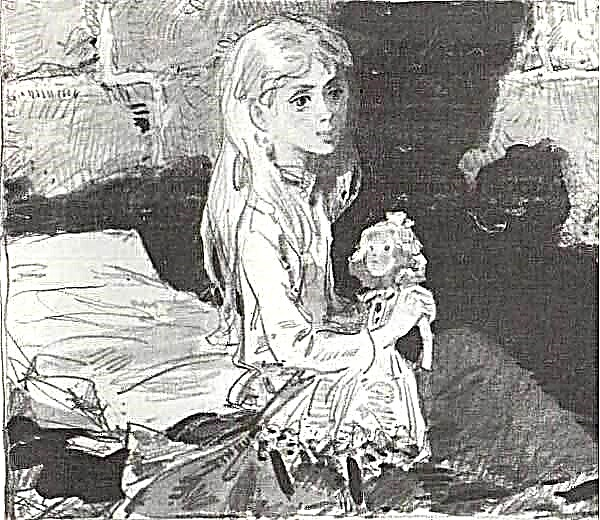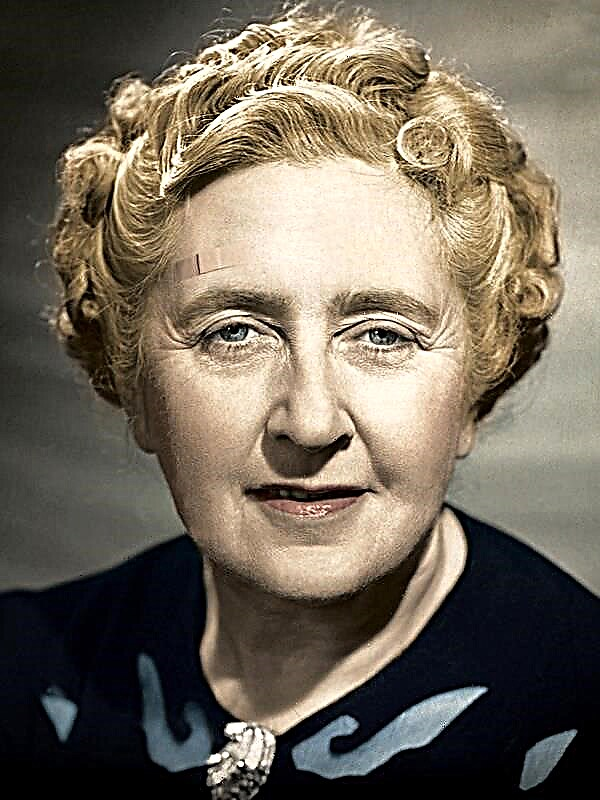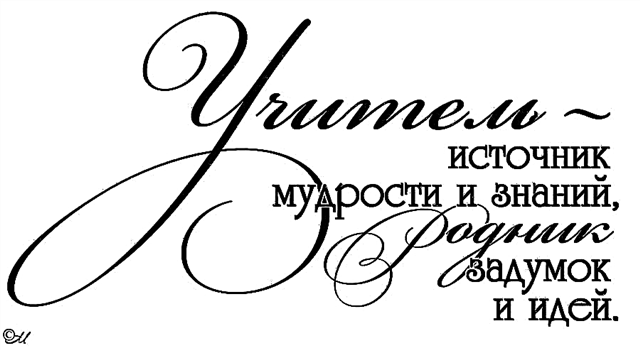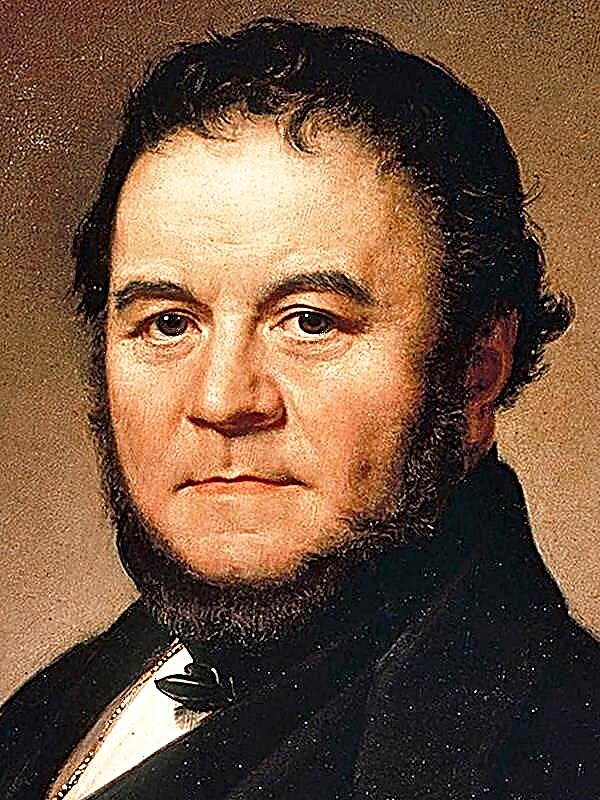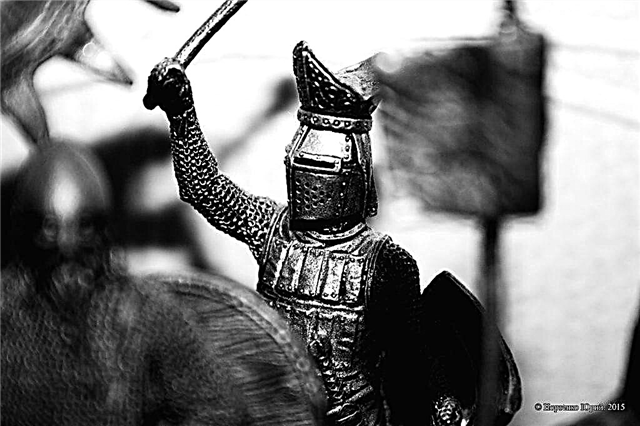Anticipating the story of his past, Nikanor Zatrapezny, the heir to the ancient Poshekhonsky noble family, notifies that in this work the reader will not find a complete account of all the events of his life, but only a series of episodes that have a connection with each other, but at the same time representing a separate whole .
In the wilderness of Poshekhonya, childhood and the young years of Nikanor pass, witnessing the heyday of serfdom, which determined the life and way of the noble family. The land of this region, covered with forest and swamps, is considered provincial, so peasant backs are excessively rewarded for the lack of valuable land. The Shabby mansion is low-land, but the dues from the peasants in the Malinovets estate are obtained correctly. The family is steadily getting richer, new lands and estates are being acquired, property is growing.
Nikanor’s mother, a hereditary merchant, is much younger than an enlightened noble father, which at first attracts the displeasure of her relatives. However, the prudence and economic acumen inherent in it, bring the family to welfare and allow other winters to be spent in Moscow or St. Petersburg. After twelve years of marriage, she has eight children under the care of governesses before entering institutes and military service. Younger Nikanor, who turned out to be unusually gifted, is not too lucky for teachers. The Bogomaz teaches him the ABC, and he will learn to write himself. Nikanor reads the first books on his own, almost uncontrollably, and a little later, according to instructions for teachers, he will master the program of the lower grades of the gymnasium. This is both a case and a miracle that he will be able to pave his own path to a real education. According to the author of the notes, children are very easy prey for damage and distortion by any system of training and education or its absence. “A wax heart of a child will accept any pedagogical undertaking without opposition.” But ages are very painfully perceived, when human thought is condemned to inaction, and human knowledge is replaced by a mass of futility and sloppiness.
In the portrait gallery of persons found in the house at Zatrapezny, aunts-sisters, represented first by the elderly, then by the very old women, occupy a prominent place. At first, the aunts are welcomed in the house quite cordially, they prepare rooms for them, are greeted and treated, but then the vindictive mother of Nikanor shows complete callousness and stinginess in relation to them. Old, useless women are first expelled to the mezzanine, and then they are completely removed from the yard. They once very badly accepted their brother’s new marriage, and they don’t have any money at all, and their estates are worth nothing, they are fed only out of mercy. And at the right moment, they completely drive them out of the courtyard into the far wing, where they, half-starved, in a cold room die one after another.
The story of the third sister of the father - Anfisa is associated with Nikanor with the most terrible memories of his childhood. No matter how severe his own mother was in relation to the peasants, who did not spare the girls who had conceived at a time (passing them off as a teenager or a repartition), Anfisa Porfiryevna was still fiercer and uglier, before tyranny. On his first visit to her aunt, it was in her courtyard that he saw his contemporary, tied with his elbows to a column, with bare feet in a corrosive slurry, unable to defend against wasps and horseflies. Two old men sitting at a distance would not allow the young man to free this girl. It will only get worse for everyone. The husband and son Anfisa Porfiryevna openly mock at the men and pinpoint many women and children to death. It is no coincidence that Aunt Anfisa will be strangled by her own housekeeper and hay girls who have come to the rescue.
Nikanor also has another aunt, Raisa Porfiryevna, nicknamed sweet for her indifference to a tidbit. All the rooms of her house are "appetizing in nature and inspire appetizing thoughts." All her family eat and drink from morning till night, and at the same time they get warm. This is one of those rare houses where everyone lives freely, both gentlemen and servants. Everyone here loves and cherishes each other, welcomes the guests and serves them many well-designed dishes. They put the sleeping in clean, comfortable and fresh rooms "on the bed, not inspiring the slightest fear in the sense of insects." For Nikanor, this is important, because in his native home the children are driven into tight contours, where they rarely clean, and dirt and insects are not only besieged by people, where healthy and sick people sleep on old felt felts. Discontent, constant punishments to peasants and peasant women are born by themselves. Mutilation, degeneration, fear and senselessness are imposed by all methods known to despots.
The undeserving local Russian nobility, among which the Shabby ones are listed, gravitates toward Moscow, which for them is the center of everything. Players find clubs in it, cuticles - taverns, praying people rejoice in the abundance of churches, noble daughters are looking for grooms. To marry Nikanor’s sister, the Shabby go to the throne for the winter, where a furnished apartment is hired for this in one of the Arbat lanes. Griboedovskaya Moscow, known to all, in which the upper Moscow circle dominates, is not much different in the moral and mental sense from Moscow, represented by Nikanor.
Going to balls and giving visits to Shabby people is, of course, easier and more enjoyable than hosting, but you need to arrange a bridegroom. Nikanor’s sister, who is bad in herself, has already sat up in girls, so if you want to, you don’t want to, but clean the furniture, wipe off the dust, create comfort, as if it’s always like that in the house. Nadine wears fashionable dresses, she even needs a brooch with diamonds. A piano is opened in the hall, music is put on the music stand and candles are lit, as if they had just played music. The table is set with all possible taste, laying out the dowry: teaspoons and other silver objects. However, grooms are often just lovers of food and drink for free. First of all, they are in a hurry to free the decanter, it doesn’t reach serious proposals. Sister and especially something to fall in love with. When this happens, it immediately becomes clear that the chosen one of her heart is a crook and a gambler, and even a goal like a falcon. In the end, the mother takes her diamonds and pearls from her daughter and takes them back to the village. Poor little Nadine finds her fate only in the provinces, having married the armless city man. However, he raked in one hand as much money as the other and two could not rake, and for this the sister regularly gives birth to him children and is known as the first lady in the province.
All these bride shows, balls, dinners, matchmaking are so colorful that they deeply fall into the memory of Nikanor. However, as follows from his notes, the serf households, who live much worse than ordinary serfs, will leave memories of themselves. The managers, as a rule, are in charge of the household, depraved people to the marrow of their bones, who have served with the help of various shameful merit. They can bring a prosperous peasant to beggary only by the whim of a peasant, by an outburst of lustfulness, rob her husband of her husband or dishonor a peasant girl. They are incredibly cruel, but since they follow the noble interest, complaints about them are not accepted. The peasants hate them and are looking for all possible ways to torment them. When confronted with such revenge, the landlord's environment usually subsides, then to return to the previous system.
Of the courtyard women, Nikanor remembers Annushka and Mav-rusha-novotorka. The first knows the gospel and the lives of saints and preaches complete submission to the masters in this life to the masters. The second, being a free tradesman who combined fate with the serf icon painter, rebels against the hard work imposed on her. Her sincere love for her husband grows into hatred, and she commits suicide.
Of the courtyard peasants, the laughter of Nikanor is caused by the ridiculous Vanka-Cain, a barber by profession, and then a housekeeper. He is endlessly messed up with clownish words, but everyone loves him for joker, although the mistress often grumbles. “Ah, you boorish offspring,” she says. To which he, like an echo, replies: “Mercy, bonjour. What a slap in the face, if she didn’t get her ear. I am very grateful for your kindness. ” Ivan is given in recruits, he does not return from the army.
In the landowner environment, Nikanor Zatrapezny notes two: the leader Strunnikov and the exemplary peasant Valentin Burma-kin. The leader Strunnikov is brought up in one of the higher educational institutions, but is so stupid and lazy that he is not able to then not only organize life in the county, but also squanders all his wealth to balls and orchestras. Years later, Nicanor meets him in Geneva, where he serves as a genital in a hotel restaurant. "There was a Russian master, and all went out."
Valentin Burmakin is the only representative of university education in the county. Immaculate high-moral personality, a student of Granovsky, an admirer of Belinsky, he is a member of a youth club that wants to sow good, love, and humanity around itself. In the foreground are music, literature, theater. He is worried about disputes about Mochalov, Karatygin, Shchepkin, each gesture of which gives rise to a lot of passionate comments. Even in ballet, he sees truth and beauty, so the names of Sankovskaya and Gerino usually sound in his friendly conversations. They are not just a dancer and a dancer for him, “but plastic explanators of the“ new word ”, which make one rejoice and grieve at will. However, isolation from the real soil, complete misunderstanding of it ultimately leads Burmakin to an unsuccessful marriage to the rustic Milochka, who soon begins to deceive him and leads him to ruin. Moscow friends help him decide on a teacher in one of the most distant provincial gymnasiums. In Moscow, he cannot get a job.
The mass of images and facts that appeared in the memory of Nikanor Zatrapezny affected him so overwhelmingly that, having described the visions of his childhood, he doubts whether he will be able to continue his notes in the future.


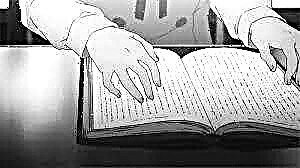
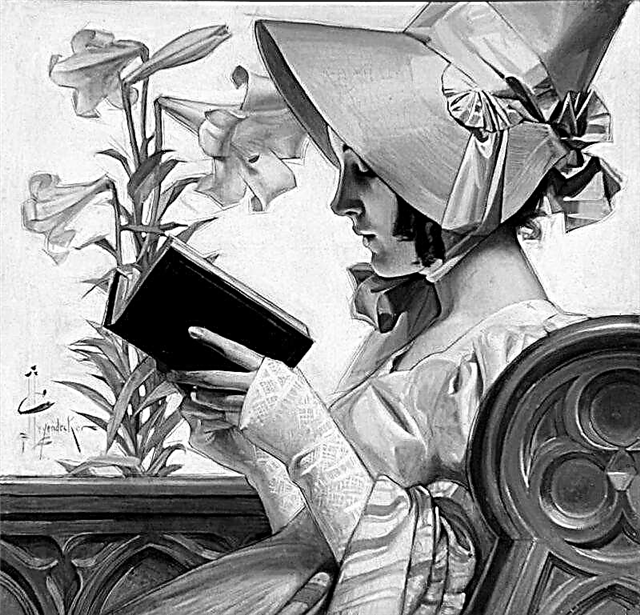
 Enchanted place
Enchanted place
